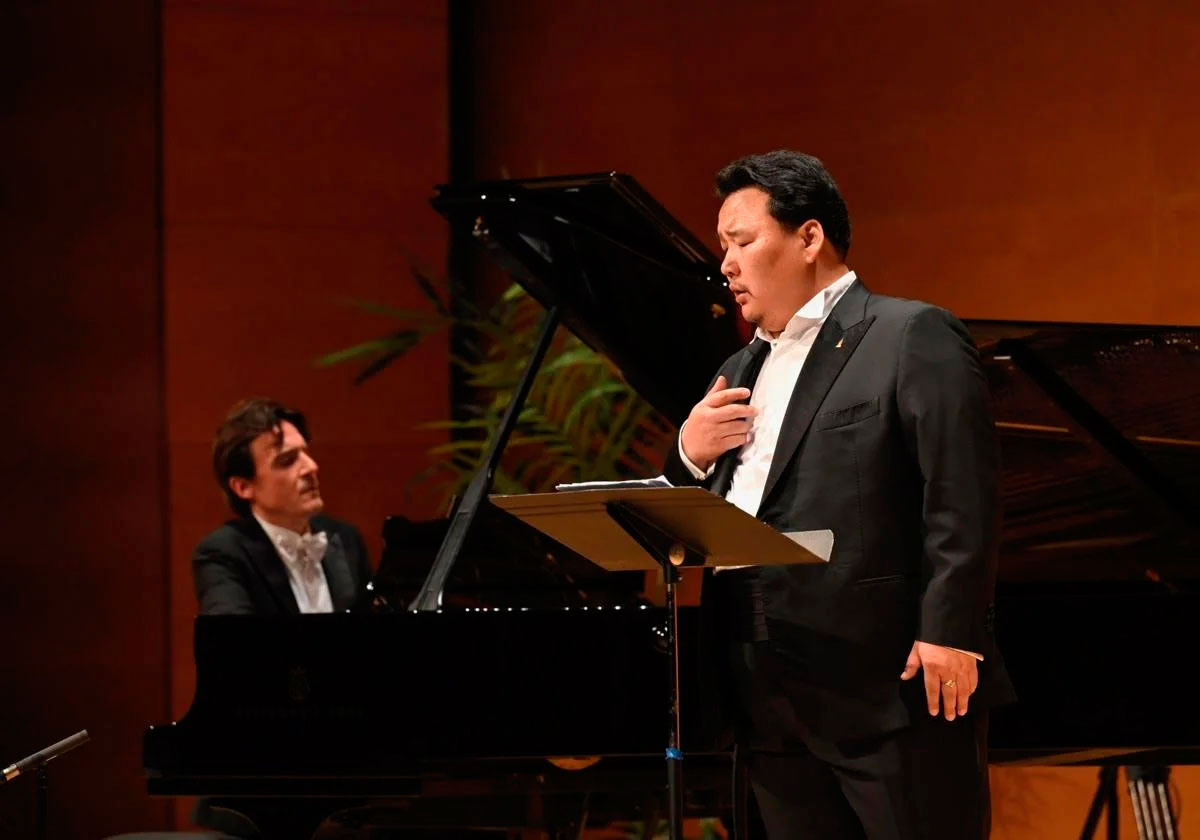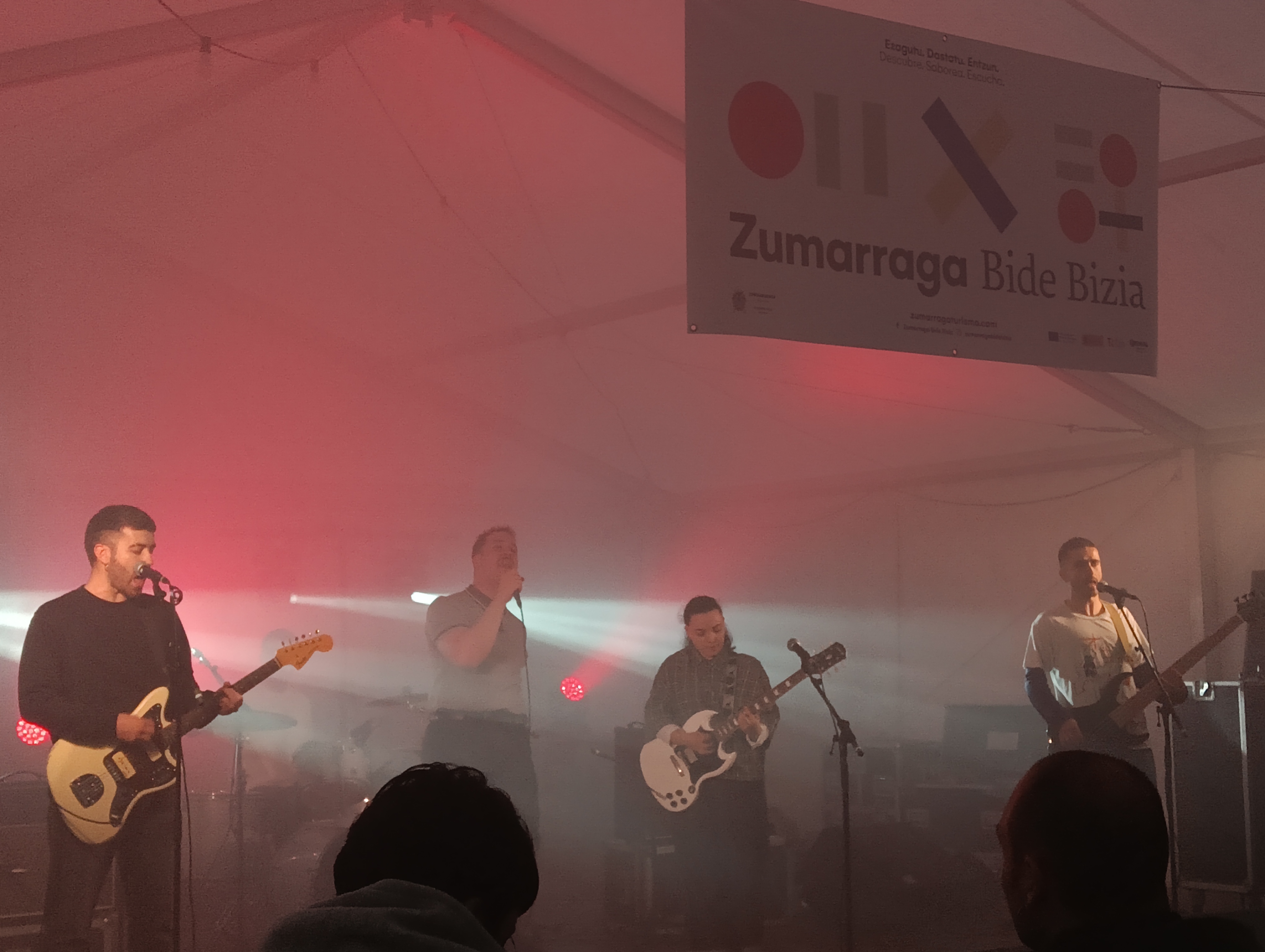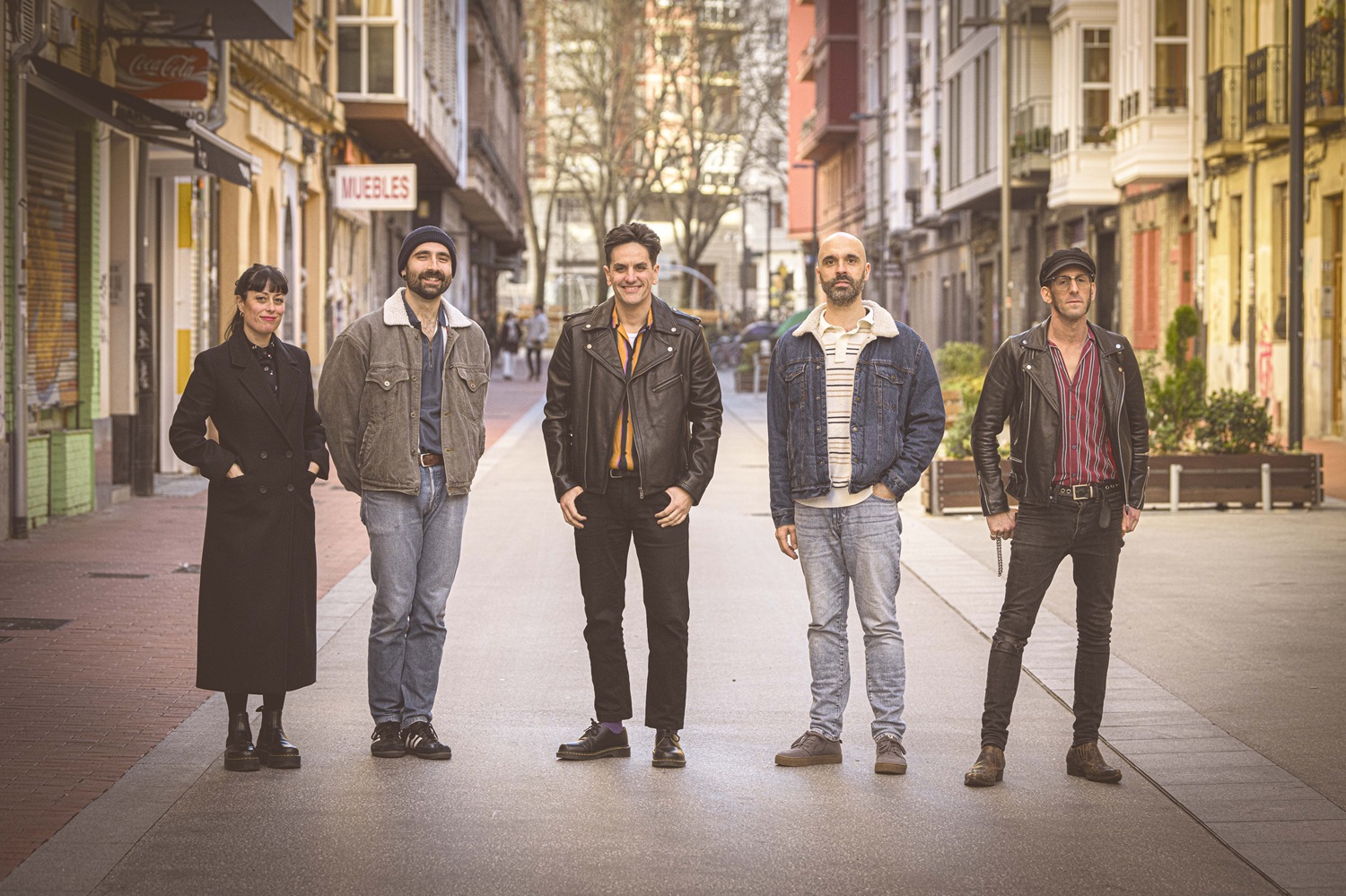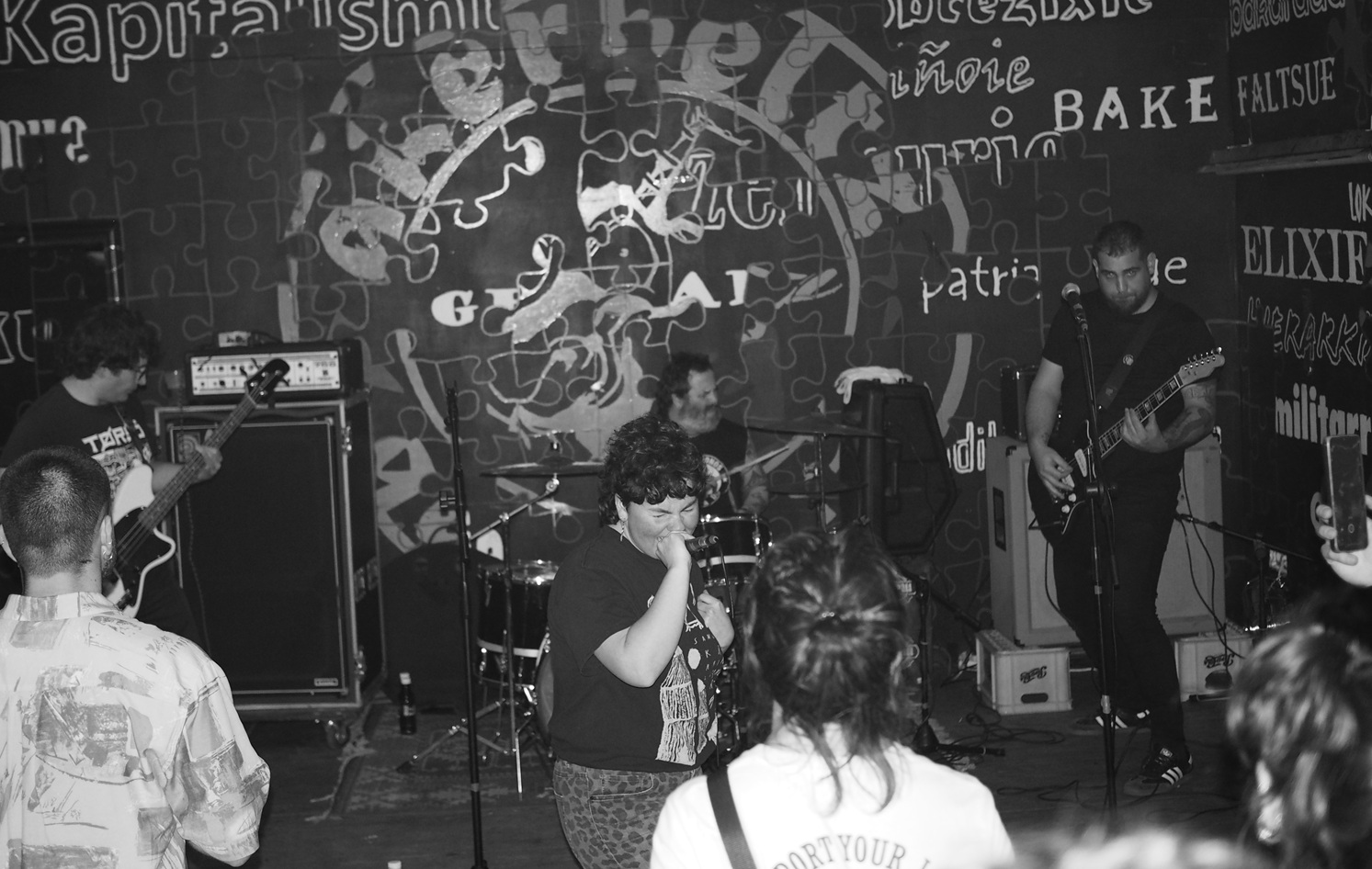If the struggle to bring the use of Euskera to all areas of life needs a constant transformation, it is clear that it is lagging behind in the field of music. In fact, with the exception of the usual celebrations and the great concerts in our environment, the DJ performances - especially the young ones - are those that gather the crowd, and the parties are no exception (Morcilla de Llodio Day is a clear example, as the txosnas were filled with DJ Masa).
This audience of DJ’s multitudinous performances has learned Basque in general, but its cultural references are far from that language and, therefore, the language becomes more and more strange because in its daily life it has no reflection.
In fact, Euskal Herria is small and hardly able to cope with large entertainment platforms like Netflix or Movistar+. Money, courage and talent are necessary for this, and the EITB model we have rarely. To the lack of money, it should be added that, in most cases, public television is limited to copying the programmes broadcast by the Spanish media: Basques around the world.
To avoid this reality, we will certainly not crowfinance the Patria series that has recorded HBO, but we have simpler initiatives to bring the Basque country to the front line of leisure and culture. The music model has been a success in recent decades, for example.
So, in the case of reggaeton, why has the Basque culture shown a great ability to adapt to the new types of music? In most styles we can find useful references, from heavy (Su Ta Gar) to eurodance (Hemen At! ), passing through pop music (Gatibu). The Basque groups have often achieved visibility and also demonstrated their ability to be at the centre of the festivities. Sometimes enthusiastic fans of foreign groups have had to recognize that the premises were better, as in the cases of Dut or Anesthesia.
In any case, while reggeaton occupies the highest percentage of young people’s track lists, Basque music has no offer at all. We can hardly believe that Basque musicians do not listen to or know this style. It is therefore difficult to understand why we have almost no Basque reggeaton. It is true that the members of Zikuzkingz have created some song, but although they are great to make the flap, we cannot say the same when they use the car.
To justify this vacuum, someone can argue that reggaeton is necessarily male, but a few weeks ago Iraia Pereiro and Mikel Ayllon reminded us that the reggeaton of Aiaraldea.eus is nothing more than a musical style. It has its own machista characteristics, or at least no more than different styles.
That Maluma's songs are sexist? It may be, but the Sex Pistols' bassist killed his girlfriend, for example, and punk is not directly linked to machismo. On the other hand, heavy, indie and metal groups are in most cases colfradías de penes, and mainstream pop music is not exempt from machismo. Some, like Joaquín Sabina, poorly cover the praise of toxic relationships ("and die if you kill yourself, and kill me with you if you die, because love when you don't die, kill").
Other groups that we have on the altar in the Basque culture have also left curious stones in terms of gender: RIP ("Slut, slut, you're the champagne marrana (...) you're a real slut"), Eskorbuto ("with women, fuck, fuck, fuck") or scar ("I'm going to drink this whisky from a drink. Then I'll flush out the fucked panties. I’m going to show you a turkey collar that you will never forget”) and yet they are basic classics of our txosnas and festive spaces (also in our sentimental education).
So why is there resistance or discomfort in the reggaseter? As has already been said, machismo cannot be accused by force, and there are groups of feminist reggaetones that come to Euskal Herria (such as Tremendous Jauría).
We can also cite racism and classism, since reggaeton has been created in the colonized countries of the world 3. Compared to other musical styles (driven by white and European or North American artists) it may be unglamorous.
Finally, it may be that the rhythm of this music is too challenging for the change of wood that we Basques have.
So I do not see any serious reason why the reggaeton should not be represented in the Basque Country. Being a pioneer also leaves free all the space to promote the desired transformative values (such as feminism) and enter into the leisure of many young people.
For all this, no more summer without the Basque reggaeton!











.jpg)












